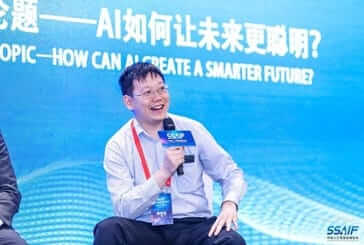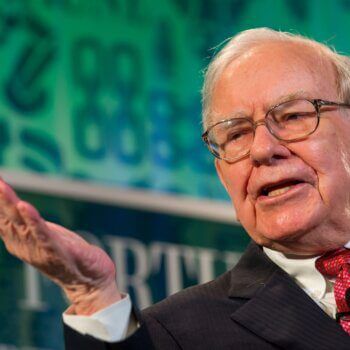Qihong is passionate about the FX Market and helping FX traders make more money with cutting edge technology.
What’s your story?
I spent all of my career in the field of trading technologies. I worked mostly in big companies like Thomson Reuters doing platform development, programming, trading solutions, and risk management solutions. Programming algorithms and watching them run excites me and I’m very passionate about the FX market. Three years ago, I met some like-minded people and we started our own company to do what we love best – helping FX traders make more money with cutting edge technology.
What excites you most about your industry?
There’s a huge transformation in the trading industry in shifting from having machines validate human decisions to humans validating machine decisions. Machines are now more than capable of critical decision making at a much faster pace than humans. In the field of FX, where prices can move many times per second, application of AI and NLP is a big game changer.
What’s your connection to Asia?
The company is headquartered in China. I’ve worked in Singapore before for two years. We also have a subsidiary company registered in Singapore.
Favorite city in Asia for business and why?
Singapore, of course. It’s a global city, where people of all cultures and nations can come to do business with each other. In the foreign exchange business, this is the most important part.
What’s the best piece of advice you ever received?
A quant from Deutchebank once told me to “Don’t trust the numbers.” A lot of times, we put too much trust in numerical methods and indicators that we often forget that all these math models and numerical indicators are just abstractions in a market driven by humans. I often have to remind myself that no matter how good your sharpe ratio may look, I always have to zoom out and look at what’s going on in the real world.
Who inspires you?
Captain America. He has strong integrity and conviction but is nonetheless willing to admit when he’s wrong. He also inspires people to get things done. These are good qualities to have when trying to steer your team into doing something meaningful.
What have you just learnt recently that blew you away?
The core code for Google’s AlphaGo is only a few million lines. I think there’s something to be said about complexity vs. effectiveness, and sometimes, I believe we introduce complexity because it’s easier to build on top of things rather than look for more elegant solutions.
If you had your time again, what would you do differently?
Probably spend more time building up the team. I’m a firm believer that people are the most important part of a startup and making sure everyone is communicating with each other is very important.
How do you unwind?
I usually relax by painting figurines, building plastic models, etc.
Favorite Asian destination for relaxation? Why?
Singapore. Gardens by the bay, seeing the super trees, or just feeding the fish in the Botanical Gardens. It’s very relaxing.
Everyone in business should read this book:
I highly recommend they read “Watership Down”, because sometimes you can learn a lot of how to be a leader from a bunch of rabbits. Also, it teaches you that things can always get worse – and how you can deal with it best.
Shameless plug for your business:
Platinum Analytics – our goal is to use AI to help you make more money.
How can people connect with you?
Email, [email protected]
—
This interview is part of the ‘Callum Connect’ series of more than 500 interviews
Callum Laing is an entrepreneur and investor based in Singapore. He has previously started,
built and sold half a dozen businesses and is now a Partner at Unity-Group Private Equity and Co-Founder of The Marketing Group PLC. He is the author two best selling books ‘Progressive Partnerships’ and ‘Agglomerate’.
Connect with Callum here:
twitter.com/laingcallum
linkedin.com/in/callumlaing
Download free copies of his books here: www.callumlaing.com
































